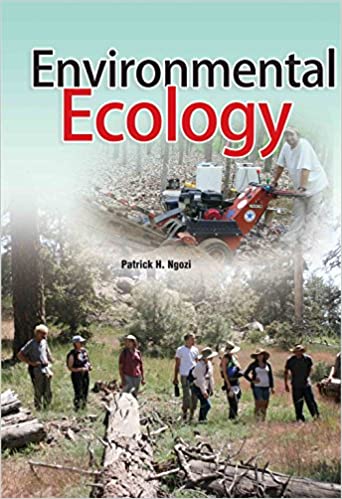Annotation
Ecology is the scientific study of the relations that living organisms have with respect to each other and their natural environment. Variables of interest to ecologists include the composition, distribution, amount (biomass), number, and changing states of organisms within and among ecosystems. Ecosystems are hierarchical systems that are organized into a graded series of regularly interacting and semi-independent parts (e.g., species) that aggregate into higher orders of complex integrated wholes (e.g., communities). Ecosystems are sustained by the biodiversity within them. Ecosystems create biophysical feedback mechanisms between living (biotic) and nonliving (abiotic) components of the planet. Ecology is a sub-discipline of biology, the study of life. Modern ecology branched out of natural history and matured into a more rigorous science in the late 19th century. Ecology is not synonymous with environment, environmentalism, natural history or environmental science. It is closely related to physiology, evolutionary biology, genetics and ethology. An understanding of how biodiversity affects ecological function is an important focus area in ecological studies. The main aim of this book is to discuss compatibility between the ecological environment and technology of concrete, and discovering a wide range of topics and scopes, including: such as the impact of concrete upon the ecological environment, the durability of concrete, raw materials, recycled aggregate concrete, new applications of concrete, property characterization, damage damaging and worsening degradation of concrete, and the behaviour of concrete structures.
--
